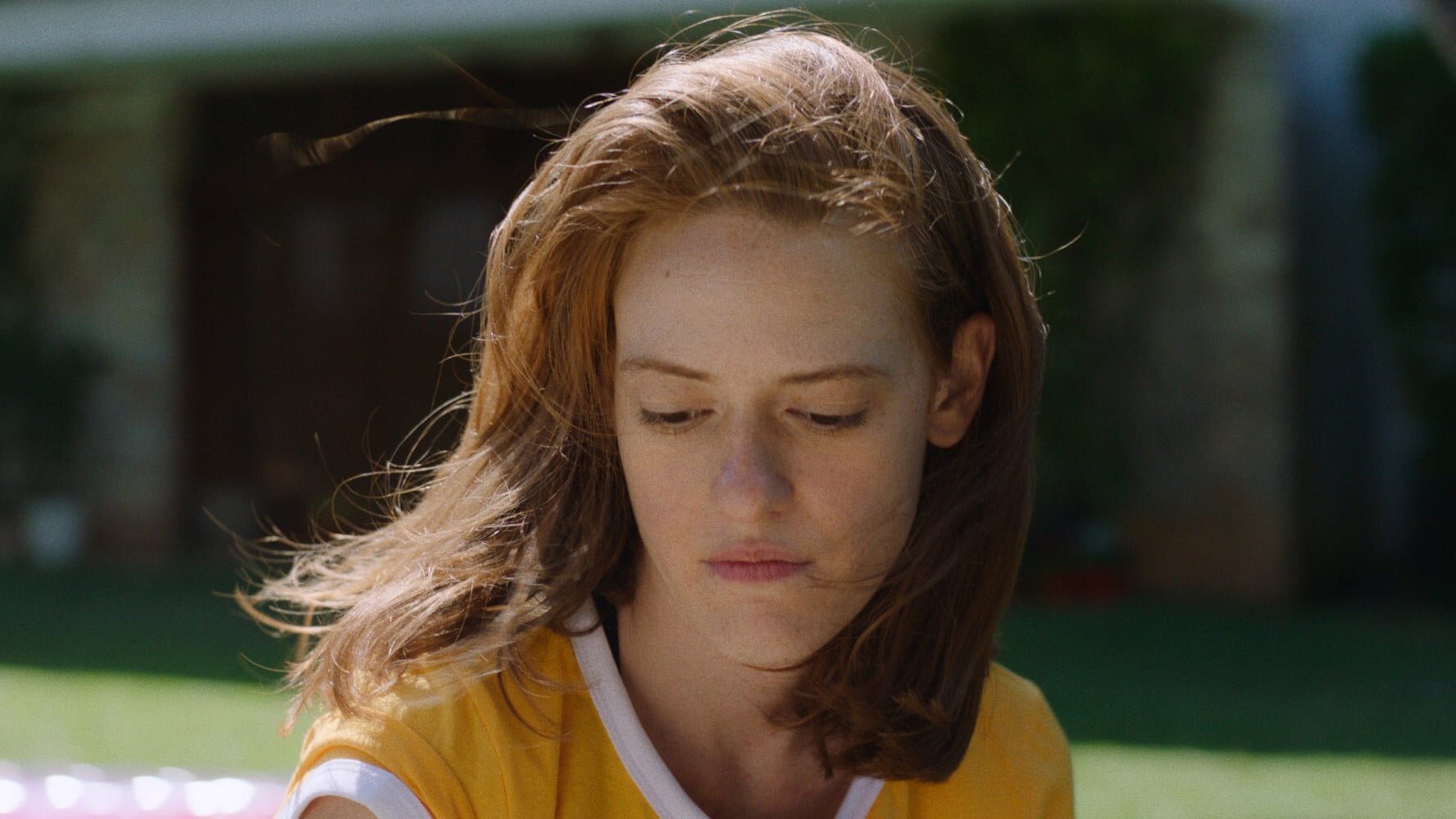BERLINALE 2021 - Moon, 66 Questions
BerlinaleJacqueline Lentzou's directorial debut Moon, 66 Questions is a slow-burning journey into the psychological torment between father and daughter, in what is ultimately a stunning portrait of external and internal anguish courtesy of two utterly delicate performances.
Slow, concise and ever so tactile, Lentzou's film is a brooding portrait of the character. The fresh and intriguing director offers her audience a helplessness of escape in showcasing her central characters in the midst of pain without any respite – small but delicate sequences of silence accompany moments of intense and rife internal immolation. Expertly crafted by actress Sofia Kokkali, of whom offers a stoic abstruse performance as Artemis. A character grappling with sacrificing her youth in the midst of gaining her father. It's a complex and often internalised depiction of anguish but one that is expertly delivered in tender moments of solace.
It is practically a mute performance but one that engrains itself with the audience in how director Lentzou's and cinematographer Konstantinos Koukoulios frame the actress on screen. The choice of handheld fluid camerawork offers a significant amount of close-ups to personalise and somewhat invade Kokkali's demeanour, and therefore personality. Throughout, in fact, the framing of Moon, 66 Questions is wonderfully produced and crafted. For a directorial debut, Lentzou allows her film to breathe visually and constructs a film that consciously reads itself and understands when and where to reveal its morbidity – an often overlooked attribute from the usual debut.
However, undoubtedly the most impressive and provocative aspect of Moon, 66 Questions is the phenomenal performance of Lazaros Georgakopoulos as Paris, father to Artemis. Georgakopoulos, a non-disabled actor, plays a recent victim of a sudden and grave illness that changes his life. This is a performance that holds such a significant power and weight. It blurs the line between performance and actuality in a stunning, poignant portrayal of the difficulties and hope such debilitating diseases inflict. The physicality and layers Georgakopoulos projects on this character – one that does not speak and is unable to be afforded a stirring monologue – makes such sequences of which he is involved in not only more powerful but a testament to such freedom and fluidity he is afforded to produce from Lentzou. One such sequence towards the finale of the film offers total emotional devastation in the most simplistic of forms: a hug. A scene as simple as it is described above but in Georgakopoulos’s delicate portrayal, he crafts a gut-punch of heartfelt warmth and will destroy the viewer.
It is this very scene above that echoes just how stirring and crushing Moon, 66 Questions is at times. Yet, in the same breath showcases the simplistic genius nature of just how strong Jacqueline Lentzou is behind the camera. By providing a strong style with significant substance, Lentzou portrays an honest and stunning portrait of a broken family picking up the pieces without the two overriding and indulging above each other. For an entry into a director's filmography, this is something to behold, but Lentzou's film is even more so impressive for a directorial debut.


